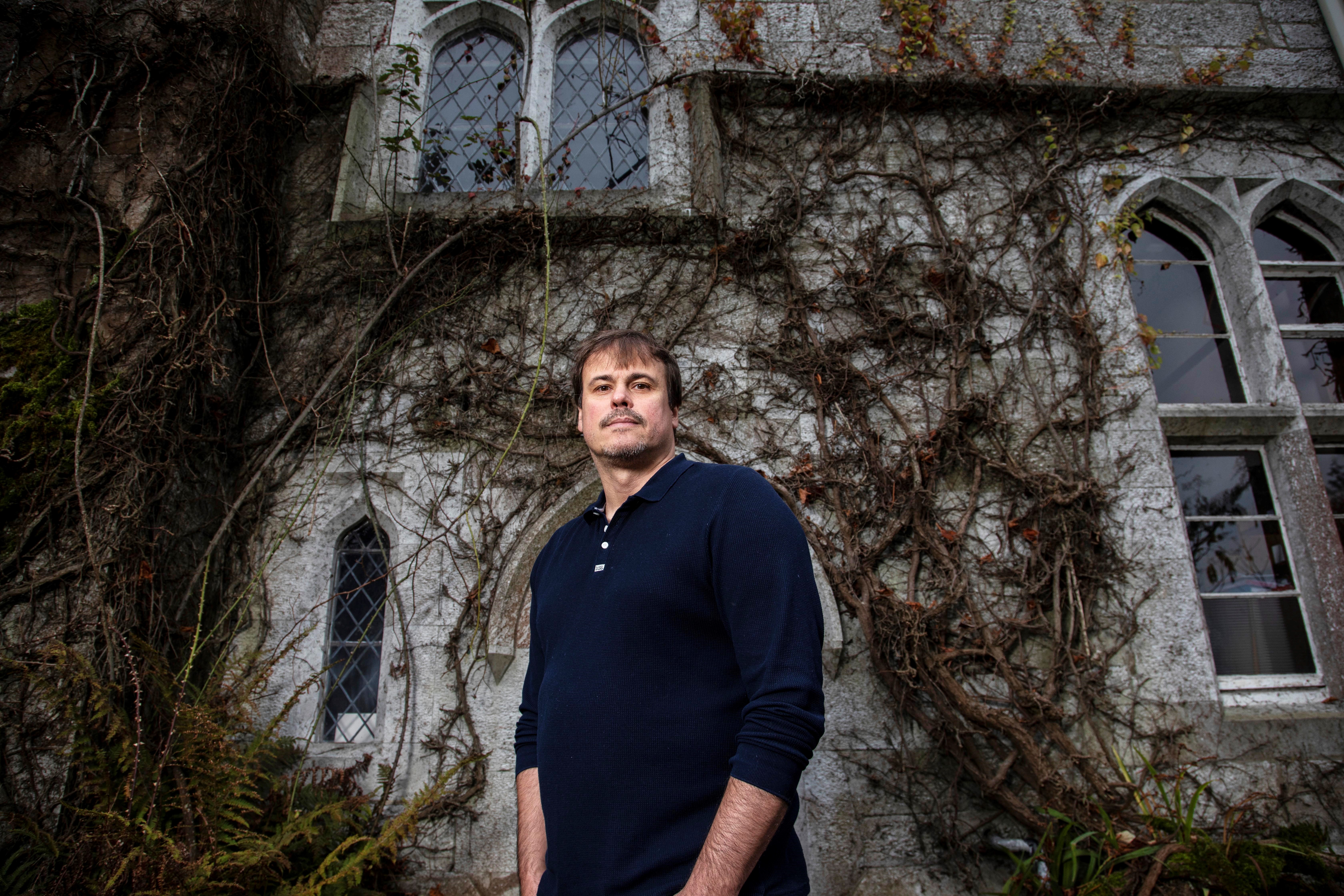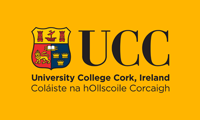News
Expert analysis refutes claims that humans are colonised by bacteria before birth

Leading experts from several scientific disciplines find flaws in studies that suggest the existence of a “foetal microbiome.”
Cork, Ireland - Scientific claims that babies harbour live bacteria while still in the womb are inaccurate, and may have impeded research progress, according to University College Cork (UCC) researchers at APC Microbiome Ireland, a world-leading Science Foundation Ireland (SFI) Research Centre, which led a perspective published today (16.00 hrs GMT 25TH January) in the prestigious journal Nature.
Prior claims that the human placenta and amniotic fluid are normally colonised by bacteria would, if true, have serious implications for clinical medicine and paediatrics and would undermine established principles in immunology and reproductive biology.
To examine these claims, UCC & APC Principal Investigator Prof. Jens Walter assembled a trans-disciplinary team of 46 leading experts in reproductive biology, microbiome science, and immunology from around the world to evaluate the evidence for microbes in human foetuses.
A healthy human foetus is sterile
The team unanimously refuted the concept of a foetal microbiome and concluded that the detection of microbiomes in foetal tissues was due to contamination of samples drawn from the womb. Contamination occurred during vaginal delivery, clinical procedures or during laboratory analysis.
In the report in Nature, the international experts encourage researchers to focus their studies on the microbiomes of mothers and their newborn infants and on the microbial metabolites crossing the placenta which prepare the foetus for post-natal life in a microbial world.
According to Prof. Walter: “This consensus provides guidance for the field to move forward, to concentrate research efforts where they will be most effective. Knowing that the foetus is in a sterile environment, confirms that colonisation by bacteria happens during birth and in early post-natal life, which is where therapeutic research on modulation of the microbiome should be focused”.
The expert international authors also provide guidance on how scientists in the future can avoid pitfalls of contamination in the analysis of other samples where microbes are expected to be absent or present at low levels, such as internal organs and tissues within the human body.
Read more - https://www.nature.com/articles/s41586-022-05546-8
For interviews contact Professor Walter (jenswalter@ucc.ie; +353 87 186 7376)
Media contact: Eoin Hahessy, UCC Office of Media & Communications – eoin.hahessy@ucc.ie, +353 86 0468950
About Prof Jens Walter
Professor Walter was awarded a prestigious Science Foundation Ireland Professorship in 2020. The SFI Research Professorship programme was established to attract outstanding research talent to Ireland and to enhance the country’s reputation as a location to conduct high-impact and high-quality research. Professor Walter is the third successful SFI Research Professor appointment at UCC.
About APC Microbiome
APC Microbiome Ireland SFI Research Centre at UCC explores the role that microbes (microbiome) play in health and disease. The microbiome is a target for the prevention and treatment of disease, it is also a source of functional food ingredients, new drugs and disease biomarkers.
One of the world’s leading institutes in gut microbiome research, APC Microbiome Ireland is receiving €80 million in SFI, industry and other non-exchequer funding across 2019-2025. It hosts a diverse group of clinicians and scientists working in teams and sharing ideas and resources.


